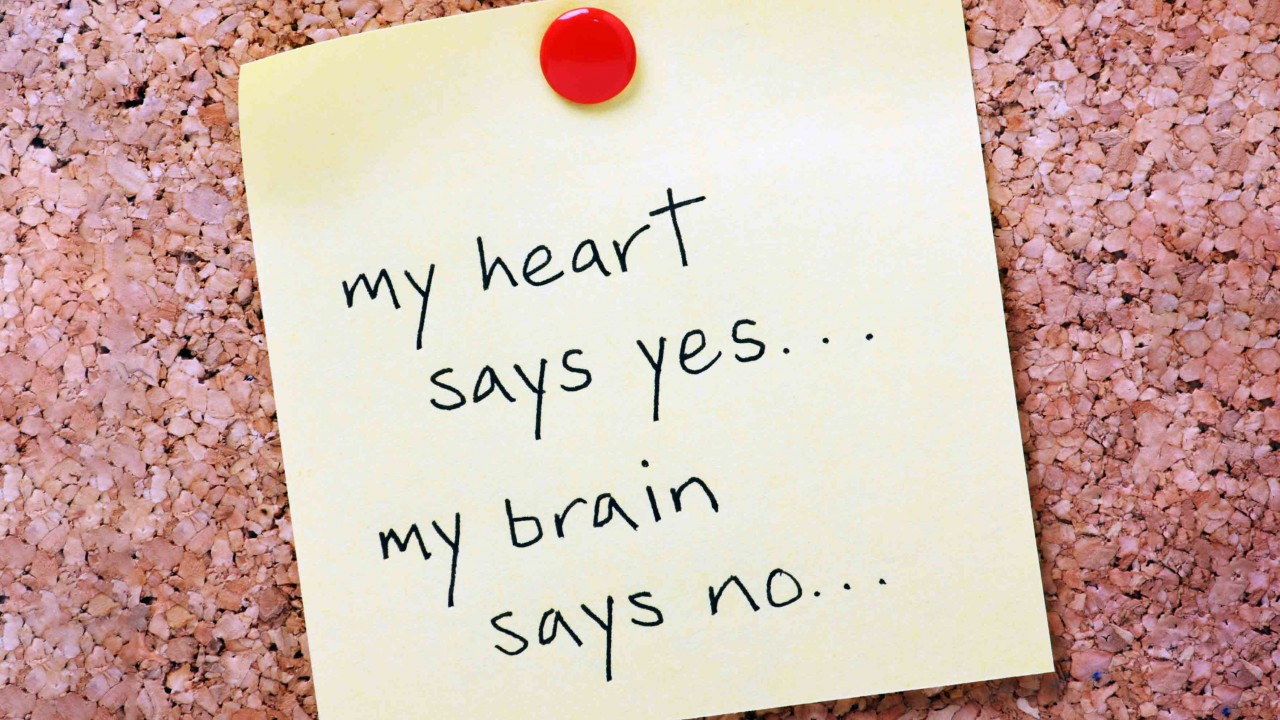
At some point in life, you’ve probably asked yourself how in-control of your own actions you are. Could you have stopped yourself from eating that extra morsel? In other words, do you have free will?
This question is a biggie, and any answer only brings up more questions.
If we are free, we must decide what to do with that freedom. If we are not, we must live with that too. Less often considered, however, is why might we need free will, or at least the belief that we have it.While plenty of people suppose that we don’t have free will of any kind, the world functions in a way that supposes that we do. Free will allows us to easily bestow “moral responsibility” on people. It’s easier to understand how concepts like “praise” or “blame” attach to actions people take if we assume they choose to take them. But if we don’t have free will, or don’t suppose we do, then can we really give praise or blame?
Some neuroscientists, like Joshua Greene and Jonathan Cohen, think we can have moral responsibility without an absolute free will. They argue that our physical brains have a great effect on our actions, and that our responsibility for them must be considered on a case by case basis, while still allowing us some responsibility. While others, like compatibilist Daniel Dennett, say these questions miss the point and are not worth asking.

The idea put forth by the neuroscientists has been tested, sort of. American lawyer Clarence Darrow once made a similar argument in court, saying that two confessed murders were not morally responsible for their actions on the grounds that they “were decidedly deficient in emotion” due to circumstances beyond their control.
The two murders got life in prison as opposed to the death penalty.However, trying to tell a policeman that you were causally determined to go twice the speed limit in a construction zone is…
The post Why Believing in Free Will Is More Important Than Knowing We Have It appeared first on FeedBox.